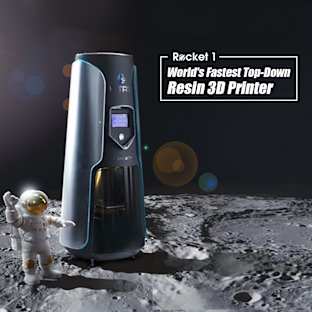What is "In Their Shoes" about?
Follow four men, working to overcome labels as criminals and drug dealers, in this intimate portrayal where lives intersect at a prison reentry and addiction recovery program’s creative writing class. Learn, from their own words, what lead them to commit their crimes, and witness the complexity of their ongoing stories on the outside, interspersed with interviews and appearances by Mayor Marty Walsh, Congressman Joe Kennedy III, Sherriff Michael Bellotti, Chaplain Michelle Sanchez, Professor Randall Horton, Dr. Bertha Madras of Trump’s Council on the Opiate Crisis, and more.
What We Need & What You Get
Drug overdoses, fueled by opioids, are now the leading cause of death for Americans under 50 years old. In 2016, according to the New York Times, more than 64,000 people, died, which was more than car accidents, handguns or deaths at the height of the HIV epidemic. The federal government’s same analysis revealed that deaths due to Fentanyl had risen by 540% within the previous three years.
This is the truth. It's very real and very difficult to obtain consistent, meaningful and affordable treatment and support for too many people in this country. And, of course, when a criminal history creates barriers to employment, education, and resources, the criminalization of addiction is perpetuated. And, everyone suffers. The people who opened up their lives to us provide a window into a world that is critical to understand in order to create solutions. The drug crisis is not new, but our approach needs to be. Adults are still returning from decades locked up due from the Crack Epidemic and the impact on individuals, families and communities is echoing and irreversible.
We've already shot the film, using the non-profit's own funding to this point- and the buzz surrounding the project is exciting! Emmy and Oscar nominated filmmakers have given incredible feedback and even come on board the project officially after seeing early cuts. Now, all we need is to get through the remaining editing process, film festival submissions, and take this complex and provocative film to the public so a wider audience can witness and process what we have encountered over the past year. Our goal here is to complete the film and tour with the it, along with the people who participated in it, to spread awareness of this situation.
Your reward (other than knowing you've helped an important cause) is an ongoing relationship with the film as it develops and we're offering various perks for differing levels of donations. These range anywhere from a poster or digital file of the film for our lower level donations- all the way to a 5 night beachside stay in Southern California and an Associate Producer credit for the first person to donate 10,000!
The Impact
The impact of sharing these unheard stories with the world will be incalculable. The film will show those who are ignorant of this world just how real and overwhelming it is. It will challenge the stigma of "drug dealers," "drug addicts" and "felons"- showing people how or why someone falls into or is born into that life- and how hard it is to come back. The goal is to create a conversation and to provide a rare perspective. Too often these conversations are had by theoretical experts from a safe distance- but this film will put people up close and personal with the truth of the situation. The stories we've captured, both shocking and surprisingly relatable, will create opportunities for empathy, understanding, and action.
Other Ways You Can Help
Making a film (even a low-budget one with an important message) requires money. This is why we've opened up for your help getting this story out to the world. However, if you can't donate now, there are many other ways to help the cause! To learn more about the film, news and events, or how to host a screening visit http://www.intheirshoesfilm.com. To learn more about the nonprofit, or support or join a Writers Without Margins workshop visit http://www.writerswithoutmargins.org.
Remember that the stigma of drug addiction is one of the biggest things we're fighting. Those who suffer are not "lesser than." They need your help, they need community, and they need recovery. Keep an eye out for your loved ones and the others around you.












































